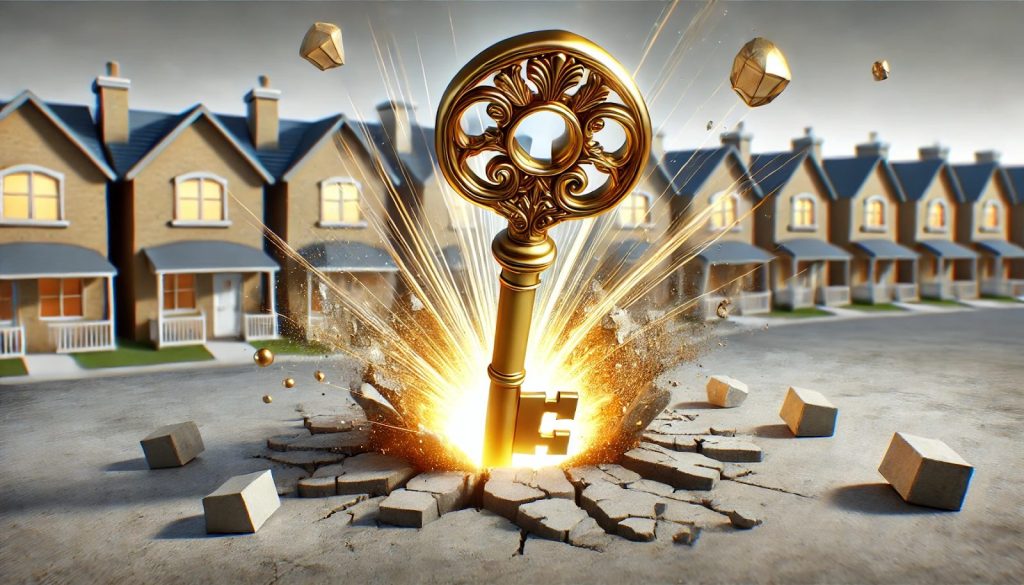See how expert appraisals uncover hidden value in historic estate properties, revolutionizing estate planning and asset distribution.
Estate attorneys, are you truly unlocking the full potential of historic properties in your clients’ estates?
As a real estate appraiser specializing in historic properties, I’ve seen how a thorough, historically-informed appraisal can significantly impact estate planning, probate proceedings, and asset distribution.
Here are five key insights for handling historic properties in estates:
1. Uncovering Hidden Value
- Detailed Appraisals: A comprehensive appraisal can reveal valuable architectural features, historical significance, or potential tax benefits, including unique craftsmanship and eligibility for historic registers.
- Impact: These findings can significantly increase estate value and open opportunities for preservation grants, enhancing both monetary and cultural value.
2. Mitigating Legal Risks
- Accurate Valuation: Providing an accurate, well-documented valuation offers a solid foundation for your legal strategy, ensuring all beneficiaries understand the property’s worth.
- Benefit: This leads to a smoother probate process and reduces the likelihood of costly litigation, facilitating more efficient probate navigation.
3. Navigating Preservation Laws
- Understanding Laws: Local, state, or federal preservation laws can dictate property changes and what must be preserved, impacting value and usability.
- Strategy: Collaborate with preservation experts to ensure compliance and explore opportunities, working with historians, preservationists, and local authorities.
4. Optimizing Tax Strategies
- Historic Status: The historic status of a property can have significant tax implications, aiding in developing tax-efficient strategies like qualifying for tax credits.
- Opportunity: Explore potential tax credits, easements, or deductions related to historic preservation, significantly enhancing estate value and cost management.
5. Addressing Family Dynamics
- Emotional Ties: Historic properties often have deep family connections, making them emotionally charged assets with strong sentimental attachments.
- Approach: Use an objective, professional appraisal to mediate family discussions, providing a clear valuation that everyone can understand and accept.
Pro Tip: Successful estate settlements involving historic properties often result from close collaboration between attorneys and specialized appraisers. Building a network of experts in historic property valuation and preservation can help navigate these complex cases effectively.
For estate attorneys aiming to enhance their handling of historic properties, partnering with an experienced appraiser can make all the difference. At Cascade Real Property Appraisal, we provide professional, historically-informed appraisals tailored to your needs. Our expertise ensures your case is backed by accurate, detailed, and preservation-compliant appraisals.
Take the next step in maximizing the value of historic estates for your clients. Contact us at 503-913-9180 or email [email protected] to discuss how our specialized appraisal services can support your legal strategy.

